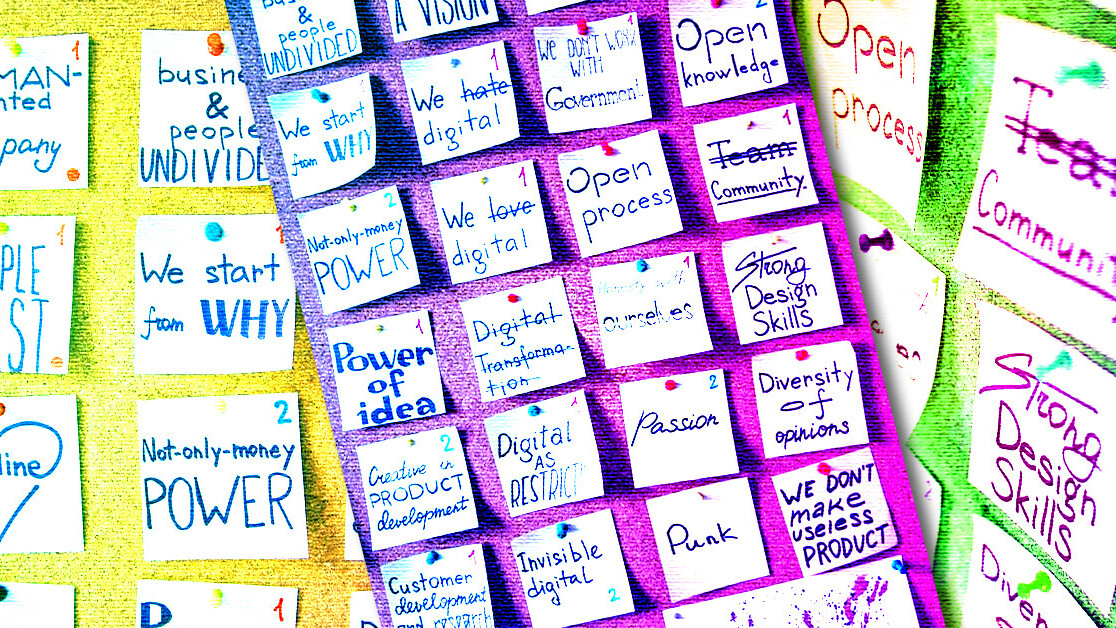
As a strange year drew to a close, I thought it was about time I sat down and went over what exactly had got me and my team through these unprecedented times. Not only was there a pandemic, but for those of us running businesses in the UK or with a presence there, we’ve also had to contend with the dreaded B-word.
I’ve been working a long time on automation and simplifying the process of running a business. Over the course of my career, I’ve learned a thing or two about how to improve businesses, but I’ve never had to overcome as many challenges and learn as much as I had to in 2020 — and I guess the same goes for you.
So here are my top five lessons of 2020 and how you can best prepare yourself and your team for 2021.
1. Keep track of what helped you last year, and what didn’t
2020 was weird, in every sense of the word. One upside to the chaos is that, for better or worse, almost every aspect of our working lives has been stress tested.
Working remotely, working with tighter budgets, and with less communication — we now know the true limits of what we can do. A lot of things have gone wrong, but this has also meant we’re pretty sure about the things that do work.
Before you put 2020 to bed and never think about it again, I think it’s important to reflect on the processes, tactics, and attitudes that helped you glean success from a challenging year — it’s likely that you’ll be relying on them again in 2021.
Likewise, you should also examine everything that fell by the wayside and wasn’t missed. Tedious meetings and procedures that you scrapped and coped just fine without? I won’t be bringing them back, and you shouldn’t either.
2. Reappraise your communication
Perhaps the most obvious change remote working has brought is a radical difference in the way your teams communicate. Home-working is here to stay, and as we move towards what will hopefully be a settled hybrid of working from home and the office, you may start to see clashes between the two.
As we move further into 2021, I feel it’s important we remain considerate of other people’s time and wellbeing, and the easiest way to do that is to communicate clearly.
This might mean remembering to check Slack even when you’re in the office, or reducing the number of video chat and IM services you use. We’ve all raced to adopt new tech platforms out of necessity, but in the long run, it’s important that we restore a sense of order and simplicity to the way we communicate as teams.
3. Embrace effective automation
I’m definitely biased on this one, but automation might just become your business’ best friend for saving time. The important thing to remember will be that you can’t just switch it on and leave it.
Yes, automating those boring expense reports that nobody wanted to do may feel amazing, but are you keeping track of all the time it’s saved? Machine learning has certainly reached fantastic heights in recent years, but it still needs a helping human hand.
For example, we know that our customers save an average of 11.5 hours per month by automating their expense processes — but this time is abstract, and doesn’t just arrive on their doorstep. So while it’s great to reap the benefits of automation, make sure you get to know its ins and outs, and how you can reinvest the time it saves to grow other parts of your business.
4. Encourage autonomy
My personal highlight of 2020 was seeing how well my team at Pleo has coped with new responsibilities thrust upon them in challenging circumstances.
So many of the team have taken on additional duties and thrived. While this has sometimes occurred out of necessity, it’s always produced positive results. I’ve always encouraged autonomy, so to see it work during times of great stress was a real success in my eyes.
It won’t always work, and you have to offer support alongside independence, but if you encourage employees to apply creative and pragmatic thinking to ‘on the fly’ situations, you’re likely to see far more positives than negatives.
5. Plan for uncertainty
Finally, there’s no need to reinvent the wheel for this one, but it’s really important. The next few years will be challenging financially, even if our social and working lives return to something that resembles normality.
It’s tempting to revert to type and coast after such a hectic year, but if you set regular check-ins and consultations with your team on performance, markets, and procedures, you’ll be in a much better place for it.
Your audiences and clients are in exactly the same boat as you, so if you‘re set up to work around the changes in their lives as well as your own, you’ll build their trust and confidence in your abilities and offerings as a business. And don’t forget to continue building that roadmap either.
While the next few months are — and forgive me for saying it — uncertain, it’s important to still have an end goal to work towards which your employees, clients, and customers can all get behind. Having a vision on where you want to be in a years’ time in a hopefully Covid-less world, might just help those small successes seem worth it in the long-run.
Get the TNW newsletter
Get the most important tech news in your inbox each week.





